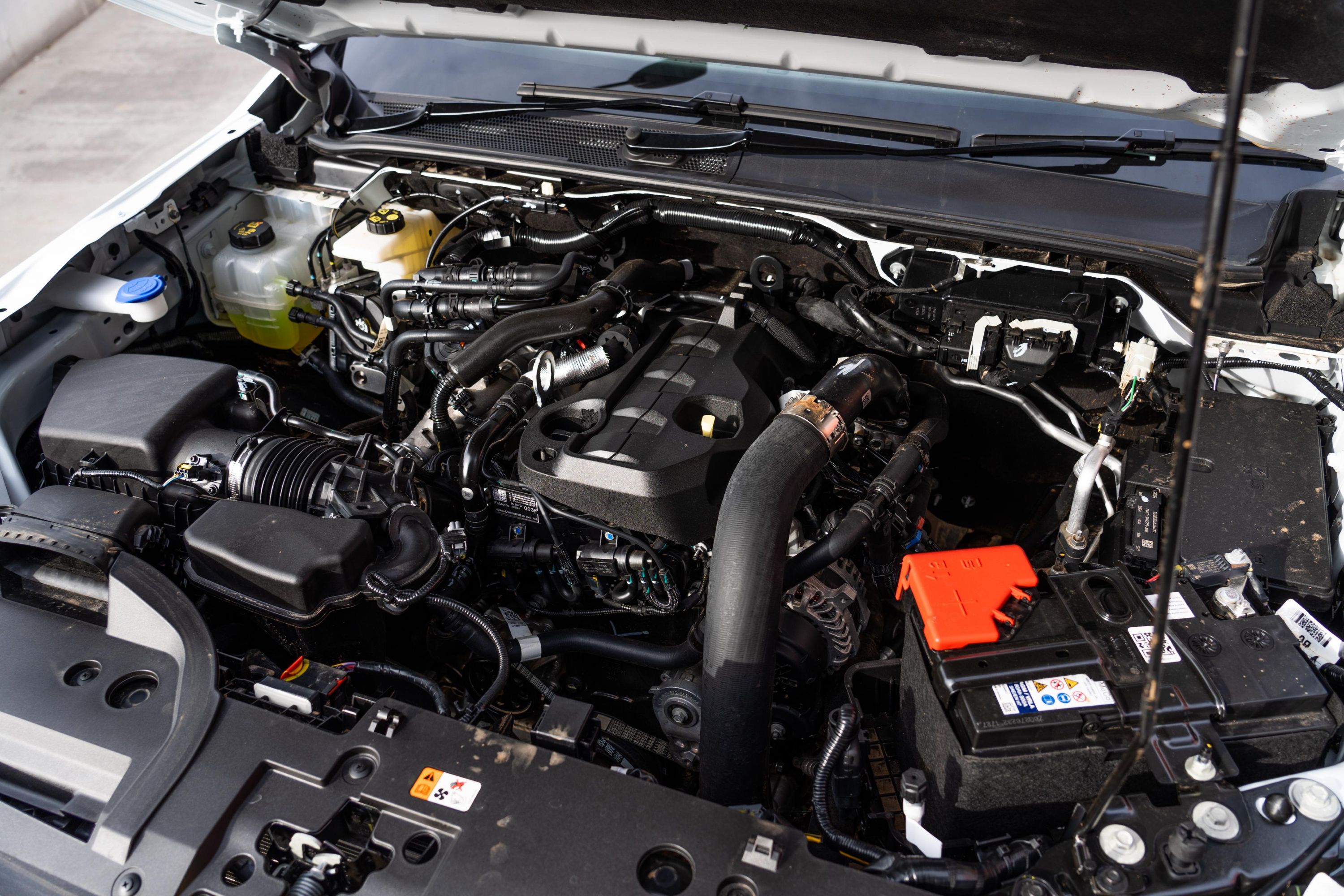Vital Considerations and Tips for Selecting the Right Engine for Your Requirements
Selecting the right engine is a diverse choice that requires mindful factor to consider of various factors to ensure optimum efficiency for your certain demands. The details of engine option prolong beyond these essentials, motivating a more detailed evaluation of essential aspects that can ultimately affect your fulfillment and success.
Determine Your Purpose
Establishing your purpose is a critical primary step in picking the right engine for your needs. Understanding the details application you have in mind will certainly guide your decision-making process and make certain that you pick an engine that aligns with your operational demands. Whether you need an engine for an industrial vehicle, industrial equipment, or a recreational task, each scenario demands different efficiency qualities and abilities.
Take into consideration the atmosphere in which the engine will operate. Will it undergo heavy loads, severe temperatures, or extended usage? Examining these aspects will certainly aid you determine the essential power outcome, fuel efficiency, and resilience needed to satisfy your purposes.
Furthermore, consider the long-lasting effects of your choice. Spending plan constraints, upkeep demands, and availability of components are essential considerations that will influence your total complete satisfaction and operational efficiency.
Ultimately, articulating your objective will certainly simplify the choice process and empower you to make a notified choice. By plainly specifying your purposes, you can evaluate potential engines much more efficiently and choose one that not only fulfills your current demands however additionally sustains your future objectives.
Evaluate Engine Specifications
When you have clearly articulated your purpose, the following action is to evaluate engine specs. This procedure entails a comprehensive assessment of various technical information that can dramatically affect efficiency and suitability for your intended use.
Begin by analyzing the engine's horse power and torque ratings. Horse power is important for figuring out the engine's ability to do job, while torque is important for comprehending how well it can manage hefty lots or acceleration. Furthermore, take into consideration the engine variation, as it frequently associates with power result and efficiency.
Next, check out the engine typeâEUR" whether it is a gas, diesel, or alternate gas engineâEUR" as each type has unique qualities and applications. Take note of the engine's setup (e.g., inline, V-type), as this can affect size, weight, and total performance.
An additional important element is the engine's air conditioning system, which can influence reliability and upkeep needs. Assess the producer's online reputation and guarantee offerings, as these can provide insights right into long-term performance and support. Extensively evaluating these specifications will certainly help make sure that you choose an engine that aligns with your specific requirements and functional objectives.
Think About Fuel Efficiency
Fuel efficiency is a critical factor to consider when selecting an engine, as it straight affects operational expenses and environmental sustainability. An engine's fuel effectiveness is commonly gauged in miles per gallon (MPG) for cars or in certain gas usage (SFC) for aircraft and marine engines. Greater fuel effectiveness not only lowers the amount of gas consumed however likewise decreases greenhouse gas exhausts, making it a responsible choice for eco-conscious consumers.
When examining engine alternatives, it is necessary to assess the driving conditions and planned use. Engines optimized for freeway driving may exhibit far better fuel effectiveness contrasted to those designed for stop-and-go website traffic. Furthermore, think about the engine's technology, such as turbocharging or hybrid systems, which can dramatically boost fuel effectiveness.

Assess Upkeep Demands

Some engines may require even more frequent oil adjustments, filter substitutes, or specialized servicing, which can influence your operational downtime. Engines with widespread popularity normally have better parts availability, decreasing lead times during repair work.
Another essential element is the technological experience needed for maintenance. Some engines may demand specialized training for service technicians, which could limit your alternatives for provider. Analyze whether the engine's style permits for easy access to parts frequently needing upkeep, as this can significantly impact labor costs.
Spending Plan Your Investment
Understanding maintenance needs is just one element of selecting the right engine; monetary considerations play an equally essential role (amarok engine for sale). Developing a clear budget is critical, as it affects not only the initial purchase rate but also long-lasting functional expenses
When budgeting, think about both the upfront prices and recurring costs such as fuel effectiveness, upkeep, and prospective repair services. A relatively budget-friendly engine might incur greater prices over time due to bad fuel economy or frequent upkeep needs. Additionally, evaluate the availability and cost of spare parts, in addition to the service warranties supplied by makers, which can supply economic protection versus unforeseen expenses.
It is additionally a good idea to aspect in possible funding options or leasing setups, which can relieve prompt monetary burdens. Stabilize your desire for advanced features with your budget plan restrictions, ensuring that you purchase an engine that fulfills your performance needs without compromising economic stability.
Ultimately, a well-rounded budget will certainly empower you to make informed choices, aligning your engine option with both your operational needs and economic abilities, leading to a much more sustainable investment over time.

Final Thought
In verdict, choosing the proper engine necessitates a complete understanding of particular demands and applications. Mindful examination of link engine specs, gas efficiency, and maintenance demands is necessary for educated decision-making.
Gas effectiveness is a vital factor to think about when choosing an engine, as it directly impacts operational prices and environmental sustainability. An engine's gas performance is normally measured in miles Get More Information per gallon (MPG) for cars or in specific fuel intake (SFC) for airplane and marine Discover More engines. Diesel engines usually provide far better gas effectiveness than gas engines. Eventually, choosing an engine with a solid emphasis on fuel efficiency can lead to substantial long-lasting savings and add favorably to environmental initiatives. Careful assessment of engine requirements, gas efficiency, and maintenance needs is important for informed decision-making.